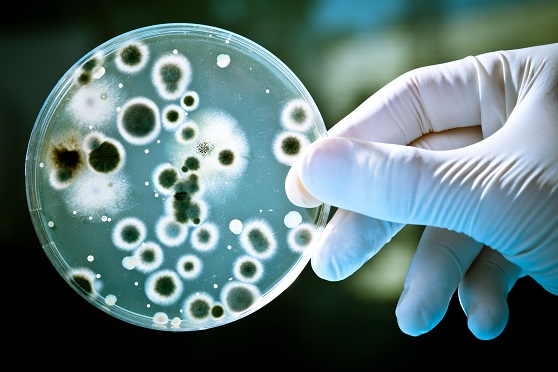How to be a Cell Biologist: Guidelines from an IIT scientist


Cell Biology is the study of the structure and function of cells. This branch of biology is a highly specialised subject. It looks into the general properties shared by all cells and also the unique, highly complex functions specific to specialised cells. Careers in Cell Biology will offer you deep insights into the inner workings of all living things.
What does it take to be a cell biologist
The study of Cell Biology involves extremely thorough and careful work in a lab setting as well as solid theoretical knowledge. The skills needed in this field are:
What you’ll do in the lab:
As a cell biologist, you’ll spend a lot of time in the lab, which can be fun! But you need to be careful and meticulous as a little mistake or overlooking the tiniest detail may alter the results of an experiment. At the end of any experiment, your data should be reproducible.
The duration of lab experiments varies considerably — it could only be a couple of hours or a full week. For long experiments, you need not work continuously for days but have to do some experimental work every day for a whole week. That’s why you need to plan in advance before doing such experiments. Flexibility and having contingency plans in place are two essential precautionary measures before conducting experiments.
The route to Cell Biology
After finishing your Class XII board exams with science subjects, you need a BSc degree in Physics, Chemistry, any of the Biological Sciences or Biotechnology. Next, you should get an MSc degree in Biotechnology or Biological Sciences, Physics or Chemistry. You can also go for the MBBS course from medical school. It would be helpful if you take a special paper on Cell Biology at the postgraduate level. However, the real journey begins at the Phd level.
Integrated PG courses in Cell and Molecular Biology
Integrated MSc courses in Cell and Molecular Biology offer theoretical knowledge and some practical aspects such as the skills and techniques used in this field. Here are some of the institutes that offer PG courses where Cell Biology is taught:
Apart from these institutes, you can study Cell Biology as part of different postgraduate courses at the Indian Institute of Science (IISc) Bangalore, Indian Institutes of Scientific Research and Education (IISER), the National Centre for Cell Science (NCCS) Pune, the Centre for Cellular and Molecular Biology (CCMB) Hyderabad and IITs.
Eligibility criteria: To get admission to any of these courses, you must have a BSc in Botany, Zoology, Physiology, Physics or Chemistry or a BTech in Biotechnology. You may also have to clear exams like GATE and JAM to get admission to institutes offering such courses.
Research opportunities in Cell Biology
You can carry out Cell Biology research at IISc Bangalore, NCCS Pune and CCMB Hyderabad. The Institute for Stem Cell Science and Regenerative Medicine under the National Centre of Biological Sciences (NCBS-inSTEM) is one of the top institutes in India that has state-of-the-art facilities for this type of research.
Other than these, Cell Biology-related work is also going on in the labs of some faculty members of IISER, IITs, Bose Institute Kolkata, Saha Institute of Nuclear Physics Kolkata and Calcutta University.
Study abroad
Top universities and medical schools abroad offer courses and research opportunities related to Cell Biology. Here are some of the top global institutes where you can work in this field:
Application areas of Cell Biology
The multidisciplinary nature of Cell Biology has made its application in diverse areas. Some of these areas are:
Switching from academia to industry
Many cell biologists trade their lab coats for a career in companies. The variety of skills at their disposal make them well suited for careers in biotechnology, biomedical and pharmaceutical companies.
Cell Biology experts are generally put in charge of a team to teach other researchers cell-based techniques like how to maintain cells in the lab, how to do cell culture and how to grow cells. Planning experiments and performing cell-based assays are part of a cell biologist’s job profile in both industry and academia.
Job roles for cell biologists
(Dr Suranjana Mukherjee is DST Woman Scientist, School of Medical Science and Technology, IIT Kharagpur)